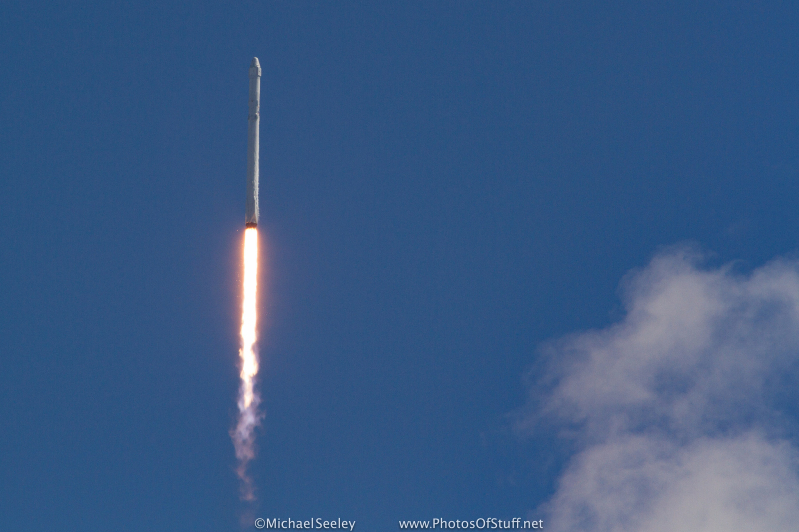
It’s back to business for Elon Musk after being named as the most admired tech leader. The SpaceX CEO still has to deal with the Falcon 9 rocket explosion back in September. SpaceX just announced that its next launch is pushed back to January 2017 from Dec. 16. This seemed to be driven by the fact that the company is yet to finalize their investigation on the said rocket explosion.
SpaceX can’t get past the Falcon 9 mishap. Months since the incident happened, the company still has not determined the precise cause of the explosion. Unless they would be able to do that, the Federal Aviation Administration will not issue SpaceX its license.
According to Wired, a spokesperson for FAA said, “They have not completed their investigation and therefore they do not have an (FAA launch) license.” It will take some time before FAA could grant the company a license. The spokesperson added that the FAA “needs inspectors in place” and has to “review payload”. January may be too early for SpaceX. It remains to be seen if SpaceX will be able to meet its deadline.
The company said in a statement posted on its website that they are “working to complete the final steps necessary to safely and reliably return to flight… with the launch of Iridium-1.” The time frame will allow SpaceX to “ensure the highest possible level of mission assurance prior to launch”.
The delayed Iridium-1 launch means that it will take until next year before the “first 10 satellites in the Iridium NEXT constellation” will be released. According to Investopedia, the purpose of these satellites is to “provide a wide range of broadband and communications services for residential, commercial, institutional, government and professional users worldwide”. This is based on the company’s Federal Communications Commission filing. It should also be noted that the SpaceX and Iridium $492 million deal back in 2010 was the largest commercial space deal in history, as reported by Space.com.
The Falcon 9 rocket explosion not only readjusted the schedule of SpaceX. It also destroyed that communications satellite that tech giant Facebook was supposed to lease, according to the Business Insider. It affected Africa’s chances of accessing the web through those satellites.
SpaceX should be used to such incident though. Back in June 2015, the same rocket exploded while it was carrying a Dragon resupply vehicle to the International Space Station. It was later found out that the explosions was caused by “a faulty bit of scaffolding in one of the helium fuel tanks”. This led for the company to be grounded for almost six months, according to Wired. The last explosion will probably suffer the same fate.






